Depending on where you live, winter brings on a whole new set of challenges for horse owners. There's snow, rain, and the inevitable mud, and you also have to figure out how to spend time in the barn without freezing. You can layer on your warm clothes, but what about your horse? As the temperature starts to drop, it's time to start thinking about whether or not you should blanket your horse. Not every one of our equine friends needs a winter blanket. Some of them actually overheat if they're forced to wear a blanket, even if you're shivering in your heavy winter jacket. So how can you tell if you need to blanket your horse?
Ask yourself these questions to help make your decision.
Has your horse's full winter coat grown in?
A horse's coat is pretty amazing when it comes to temperature regulation. The winter coat starts growing when the temperature is still warm, and by the time you're unpacking your hats and gloves, your horse already has a natural defense against cold. Their long hair is great insulation and traps body heat. As long as the hair is allowed to stand up (giving your horse that adorable scruffy look), cold weather shouldn't affect them.
If your horse has not grown a full winter coat, however, they'll need at least a light blanket if the temperature drops somewhere below 45 degrees Fahrenheit. There are several reasons why a horse doesn't grow a winter coat. For one, a lot of show horses are clipped to keep them looking sleek and shiny. You also shouldn't be surprised if the new horse in your barn doesn't look as fluffy as the rest of your herd. If they came from a warmer climate, it might take them a few seasons to adjust.
Does the weather call for wind, rain, sleet, or snow?
While a horse's winter coat is perfectly capable of protecting them from freezing temperatures, trouble comes in when the weather is windy or wet. Horse hair loses its insulating qualities under these harsh conditions. It's important to keep an eye on the weather to know if it's time to blanket your horse. If your horse is outside in an area where there is no shelter from the wind or rain, they might need a fully rated winter blanket to keep them warm. But you can take it off when the bad weather dies down.
Is the temperature set to drop to extreme lows?
When the weather is dry and there isn't much wind, horse hair can keep a horse warm even when the temperature drops to 0 degrees Fahrenheit. If the horse has a run-in shelter, they can withstand even colder temperatures without needing a blanket. But if there is no shelter available, and the temperature drops far into the negatives, it's probably time to pull out the blanket.
What's your horse's age?
Foals and senior horses aren't as good at regulating their own body temperatures as healthy adults. They'll need the extra warmth from a blanket even if it's not windy or wet outside. Newborn foals might even need to be blanketed and kept in the barn. A harsh winter in a cold climate might be too much for their growing bodies to handle.
Is your horse sick, injured, or too thin?
If the answer to this question is yes, you need to blanket your horse once the temperature drops below 50 degrees Fahrenheit. Cold weather will sap their energy, and they need all the energy they can get to either heal or maintain their body condition. It might also be a good idea to keep your super skinny rescues in the barn. And a seriously injured horse should probably be on stall rest anyway.
Is your horse shivering?
Just like humans, horses shiver when they're cold. It's the body's emergency response to produce more heat. If you notice your horse shivering either in the barn or outside, they're most likely cold. Some horses are more sensitive to cold than others, and they need extra help staying warm. Don't feel bad if you need to blanket your horse while their turnout buddies are still feeling fine with their natural winter coats. All horses are individuals, and you can trust your gut when it comes to caring for your horse.
Can you see sweat marks?
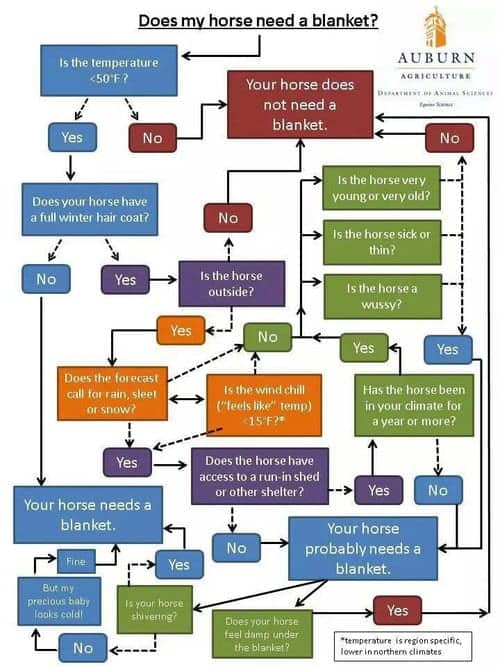
It's easy to tell if blanketing your horse is overkill—just look for sweat marks. Sweating is an obvious sign that your horse is overheating under their winter blanket. You'll first notice sweat marks directly under the blanket material, and if your horse is really hot, they'll sweat along their neck and behind their ears.
A lot of horses start sweating under their blankets during those weird winter days with a lot of temperature fluctuation. It'll be below freezing at morning turnout, but as the sun rises, so does the temperature. You'll need to monitor your horse for signs of overheating and think about how heavy the blanket actually needs to be. Horse blankets come in different weights, and it might take some trial and error to learn what is best for your individual horse.
Horse Courses by Elaine Heney
- Listening to the Horse - The Documentary by Elaine Heney & Grey Pony Films
- Shoulder In & Out Training for better balance, bend & topline development with your horse
- Over 110+ Polework Exercises & Challenges to Download
- Dancing at Liberty & Creating Connection with Your Horse (11 lessons) - Grey Pony Films
Unfortunately, there is no clear-cut answer to whether or not you should blanket your horse in the winter. There are a lot of factors that go into the decision. Think about your climate, your horse's health, and your horse's individual needs. Your horse trusts you to do what's best, and with a little research and common sense, you'll both make it through the winter.

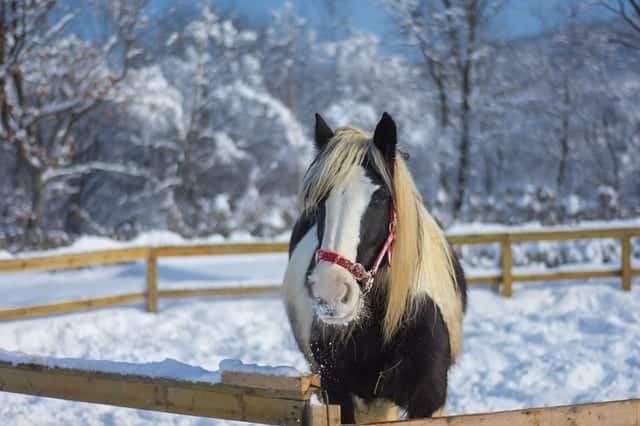
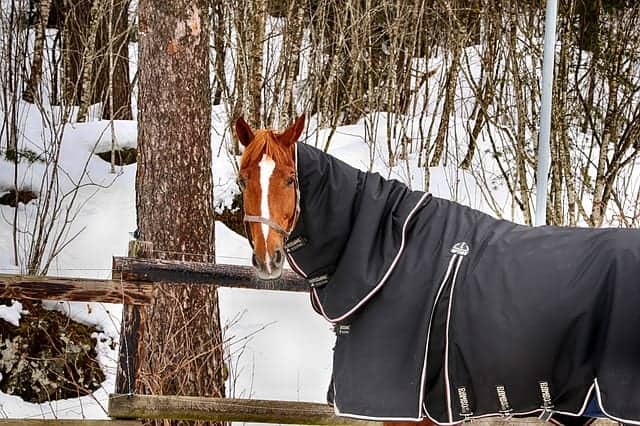
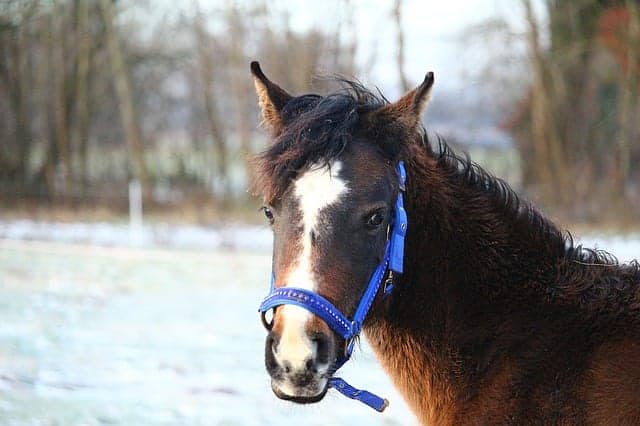
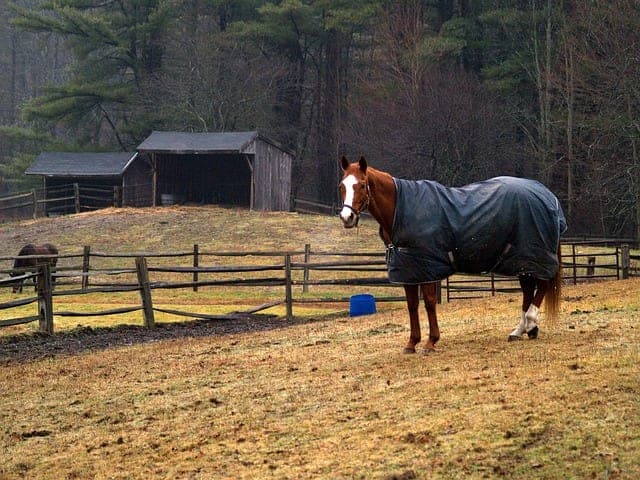
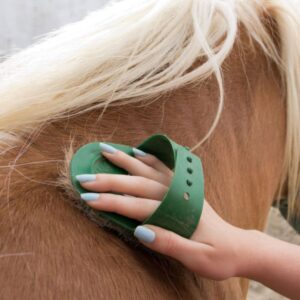


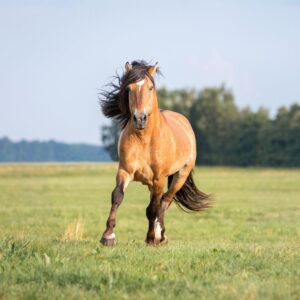
Michelle
Yes